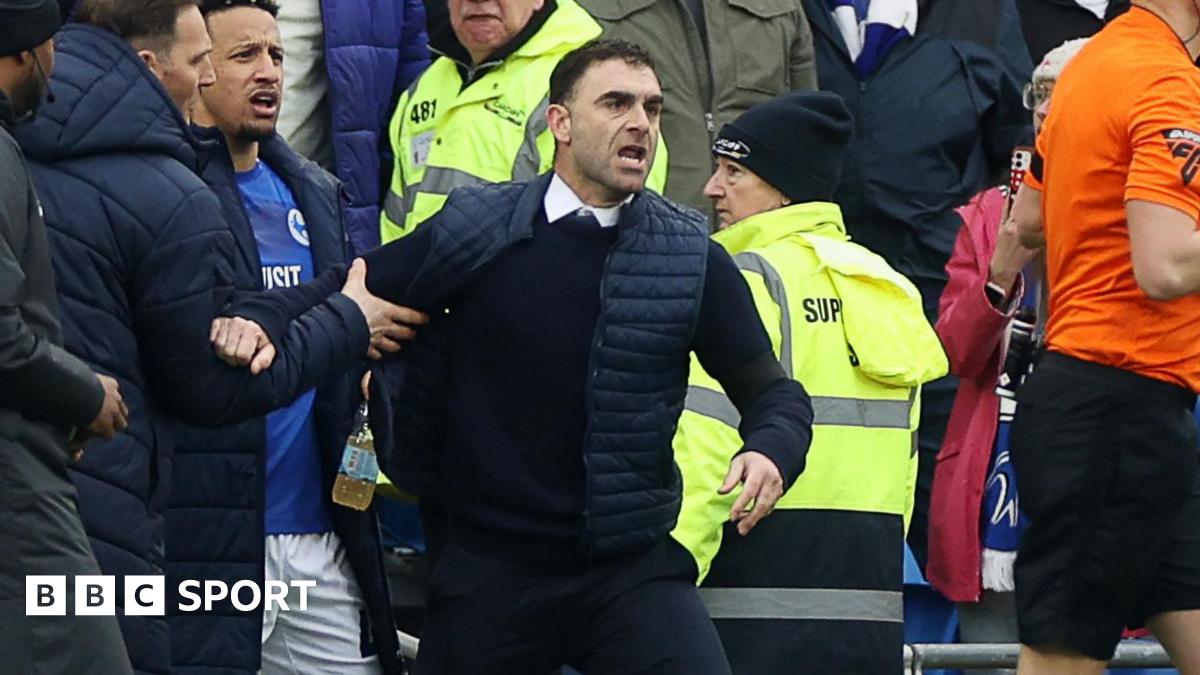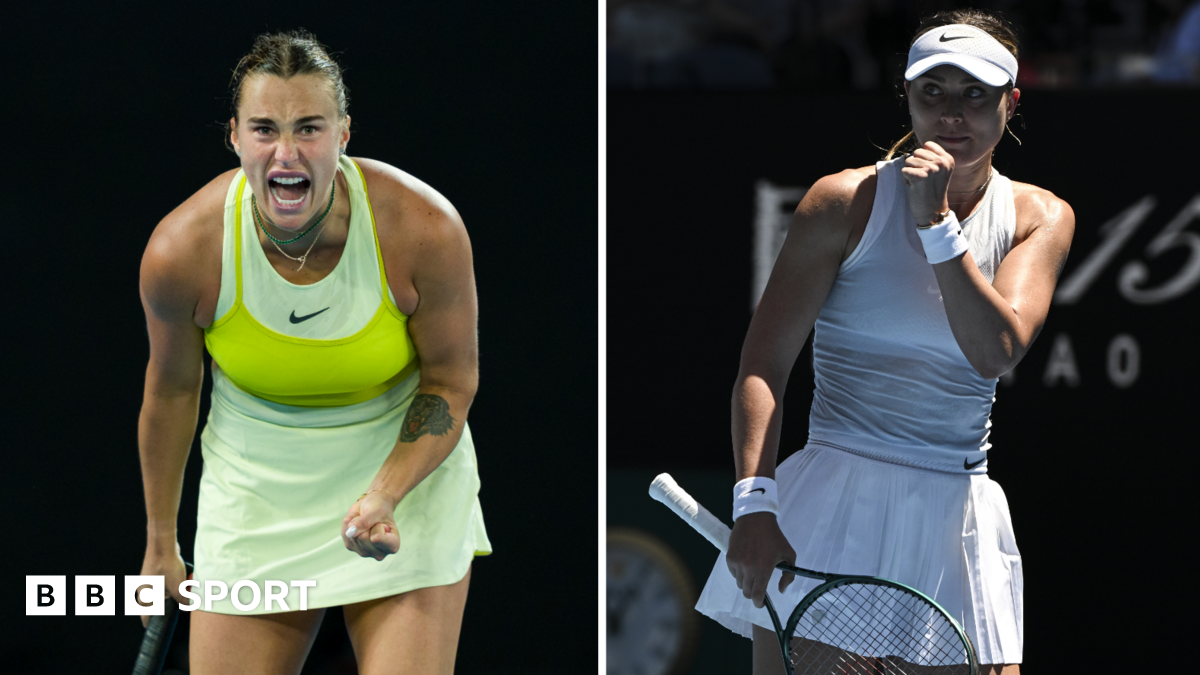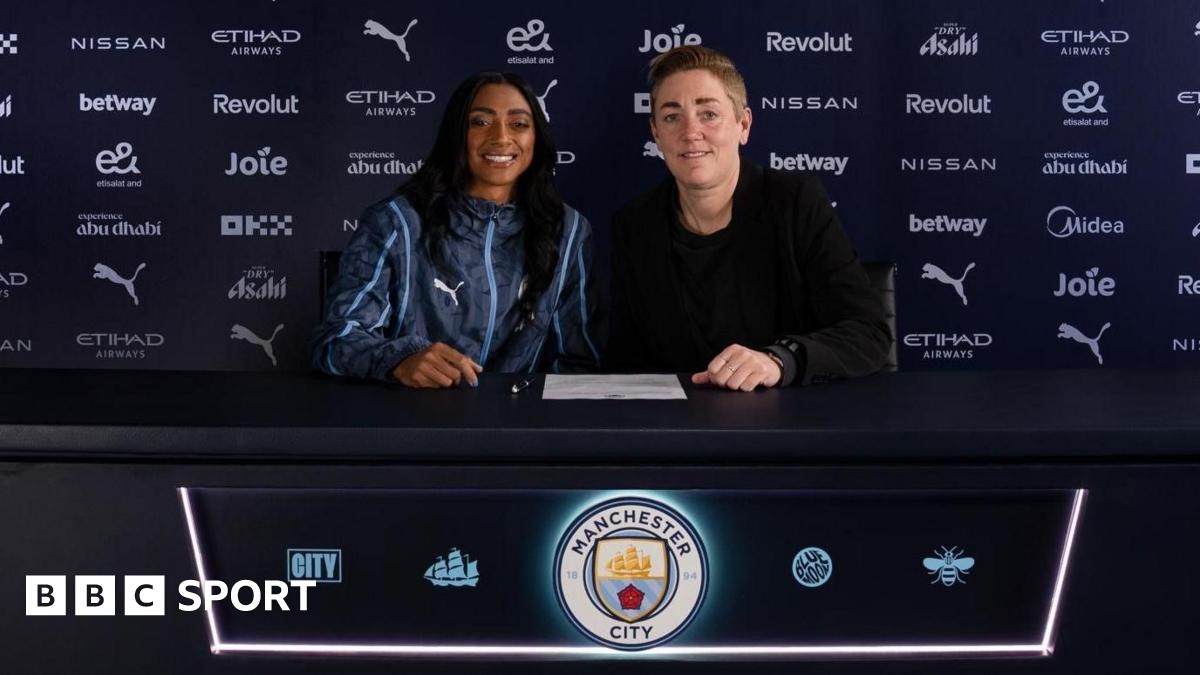ARTICLE AD BOX
English referee Emily Carney says officials have had to become "more tactical" as the quality of players in the Women's Super League improves.
Carney, 26, has been involved in the WSL for five seasons, having started out in the Lancashire youth leagues when she was 14.
She was part of the British team officiating at this summer's Olympic Games and has acted as an assistant referee in a Women's Champions League final.
As investment in the WSL grows and players improve, referees like Carney are having to do the same in order to keep up with the demands of the game.
"Players are always becoming faster and stronger. As officials, we have to match them. We have got more tactical now," Carney told BBC Sport.
"We watch analysis and have ex-professionals come in to help us look for signs of what players might do and how they play.
"We look at the transfer market and assess players who might come into the league. We want to know what players we come up against.
"As an assistant referee, I want to know how certain players move in the backline. One striker might start their runs offside and come onside so I need to keep an eye out for that."
As part of pre-season training, Carney and other referees met for a camp in August to do physical training and learn new guidelines issued by Professional Game Match Officials Limited (PGMOL).
They also had training programmes from sport scientists to help them prepare for the WSL season that kicks off on Friday.
Carney was inducted into the PGMOL Hall of Fame earlier this year having had a breakout season covering her first major tournament in Paris.
She worked closely with experienced officials Natalie Aspinall and Rebecca Welch but says there is "more scrutiny than ever" on WSL referees as visibility grows.
Carney says there are "dedicated professionals in psychology" that work with the referees in an "ever-growing league".
"Pressure is a privilege and we love our jobs. It just shows how big the league is now, that we are fortunate to have such a prestigious league in our country," she added.
"Year on year, it's how resilient you have to be to be a match official. I don't look at anything online. It's just about being mentality resilient.
"No referee goes out there intending to make a bad decision. Everyone makes the decision that they see on the field at the time.
"It took me a while to develop mental resilience. I used to struggle a lot going abroad. I had imposter syndrome a little bit early on in my career."
Carney's career has allowed her to experience new leagues and countries, but the lack of women in her field meant she did not work with another female referee until she was 18 years old.
Trailblazers such as Sian Massey-Ellis, Aspinall and Welch have helped change that.
"I started off in Bolton and Bury's lower age-group leagues. I was the only girl. They wanted to look after me," said Carney.
"Now, there are so many females. People used to double-take when a female match official walked on the pitch but now I think we're part of the furniture.
"Rebecca [Welch] has broken barriers in the Premier League. She's a great person and an even better referee and role model for young girls.
"We're very lucky to have her and [PGMOL women's group director] Bibiana Steinhaus-Webb, who is an icon. Those two together are now unstoppable for English refereeing [in leadership roles]."

 4 months ago
21
4 months ago
21








 English (US) ·
English (US) ·